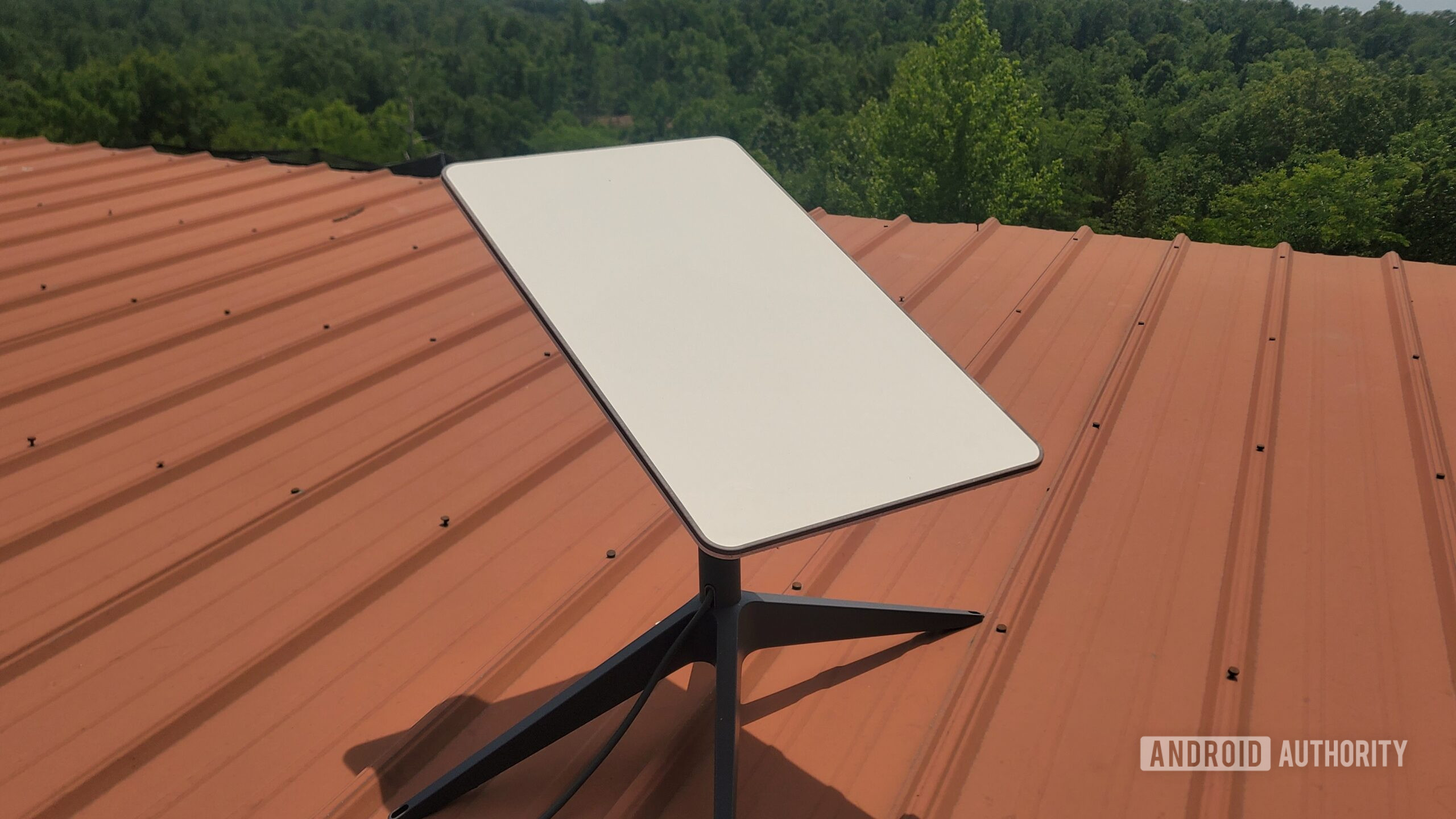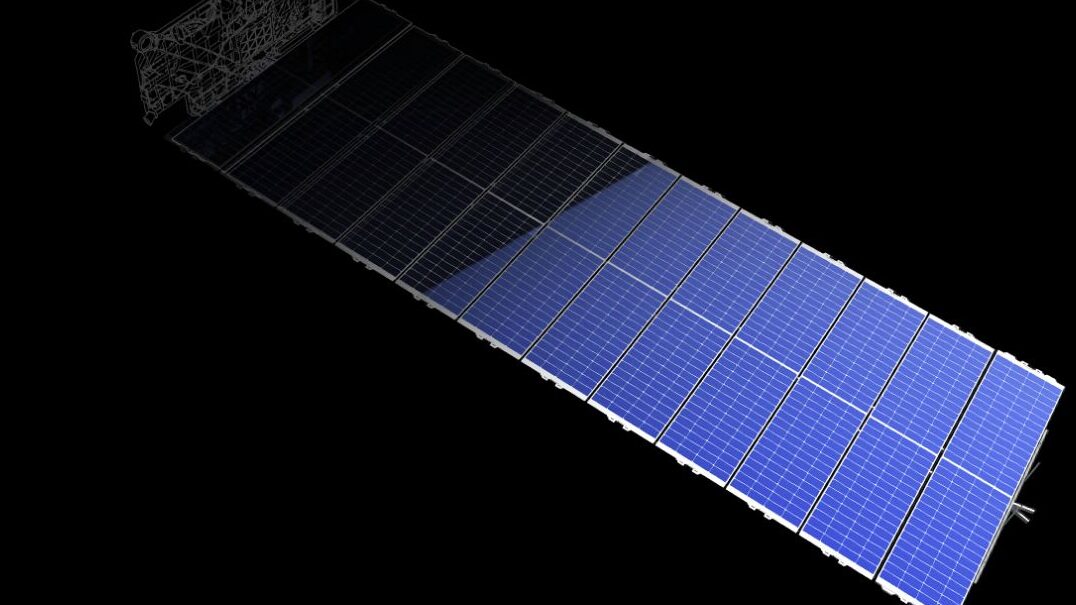Affiliate links on Android Authority may earn us a commission. Learn more.
How many Starlink satellites are in orbit in 2024?

You’ve probably heard of Starlink, but what are Starlink satellites used for, and how many satellites are in orbit? Good question. Starlink is a satellite internet provider that uses LEO (Low-Earth Orbit) satellites in a massive constellation in order to beam service down to users in remote locations. There are already a ton of Starlink satellites in the sky, but that’s just scratching the surface of Starlink’s ambition.
How many Starlink satellites are in orbit
As of November 2024, there are 6,764 satellites in Starlink’s constellation, though only 6,714 are currently working according to Astronomer Jonathan McDowell’s tracking research.The number constantly is changing as Starlink launches more and more. As for how many Starlink satellites there will eventually be? Right now, the FCC has approved 15,000. That seems like a lot, but it’s only a fraction of Starlink’s long-term goal. Starlink hopes to put around 42,000 into the sky someday to provide true globally available coverage.
What do Starlink satellites look like
Each satellite has a flat body and a rectangular shape and weighs 573 pounds. The central portion has four powerful antennas for transmitting internet signals, while a large solar array provides power. Each satellite uses a set of lasers to connect with four other satellites in orbit. They also have ion thrusters that use krypton gas to stay in orbit.
How long do Starlink satellites stay in orbit?
Starlink satellites are designed to stay in the air for about five years. As the satellites reach their end-of-service date, they’ll be steered into the Earth’s atmosphere, where they’ll burn up.
Why do astronomers have a problem with Starlink?
You might have heard that some astronomers have taken issue with Starlink satellites. So what’s the Starlink astronomer debate all about? In short, these satellites are bright and move across the sky rapidly — this can get in the way when you’re trying to use a telescope or observatory to study the stars.
For its part, SpaceX attempted to minimize light pollution by coating the satellites with dark material. Unfortunately, tests indicated this would mess with controlling the sat’s temperature. Instead, Starlink is currently launching new satellites with VisorStat technology. That’s a fancy way to say it has a sun visor that reduces the glare of sunlight reflected back at Earth.
Are Starlink satellites really a big problem?
How big of a problem is all this really? Right now, it’s just a mild headache, but the real concern is when the sky is flooded with these types of satellites.
Starlink wants to put at least 42,000 out there. There’s also Amazon’s Kuiper project which will take on Starlink in the distant future and a few other small companies out there. In other words, there might literally be hundreds of thousands eventually. Hopefully, future innovations in design will minimize the impact these satellites have. Even beyond the whole “can’t see the sky well” issue, too many small LEO satellites could inevitably end up colliding with other satellites or spacecraft due to the overcrowding and unpredictable nature involved in tracking all of these satellites at any given time.
FAQ
Yes, though only if you know when and where to look. The easiest way is to use something like the Satellite tracker app to find out when a constellation is passing. The satellites can be seen with the naked eye and look a bit like a string of pearls. As I can attest, however, they look even cooler if you do have a telescope.
Starlink satellites move across the sky regularly at a shorted orbit of 350 miles above us.
Starlink satellites are 36 feet (11 meters) end-to-end once the panel has been extended. They also weight 573 pounds.
While traditional satellites at 22,223 miles up must orbit at around 7,000 mph the Starlink satellites need to move even faster to maintain an orbit so close to Earth. The satellites orbit the Earth as a constellation about once every 90 minutes. That’s at a speed of roughly 17,000mph!
Initially, Starlink satellites were projected to cost around $250,000 each and would cost around $15 million to launch a load of them (about 180 at a time). The pricing may have gone done a little since 2019, though we couldn’t nail down exact figures.
